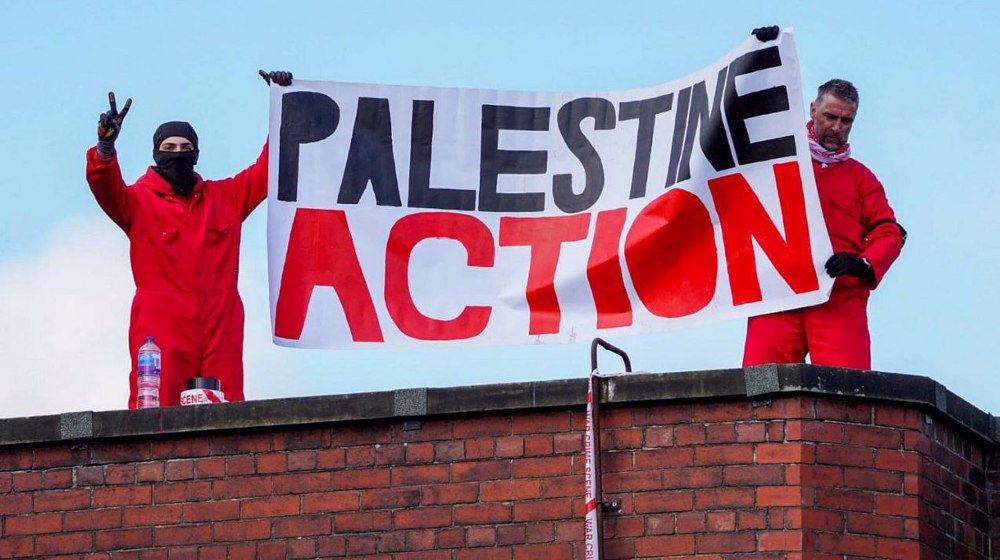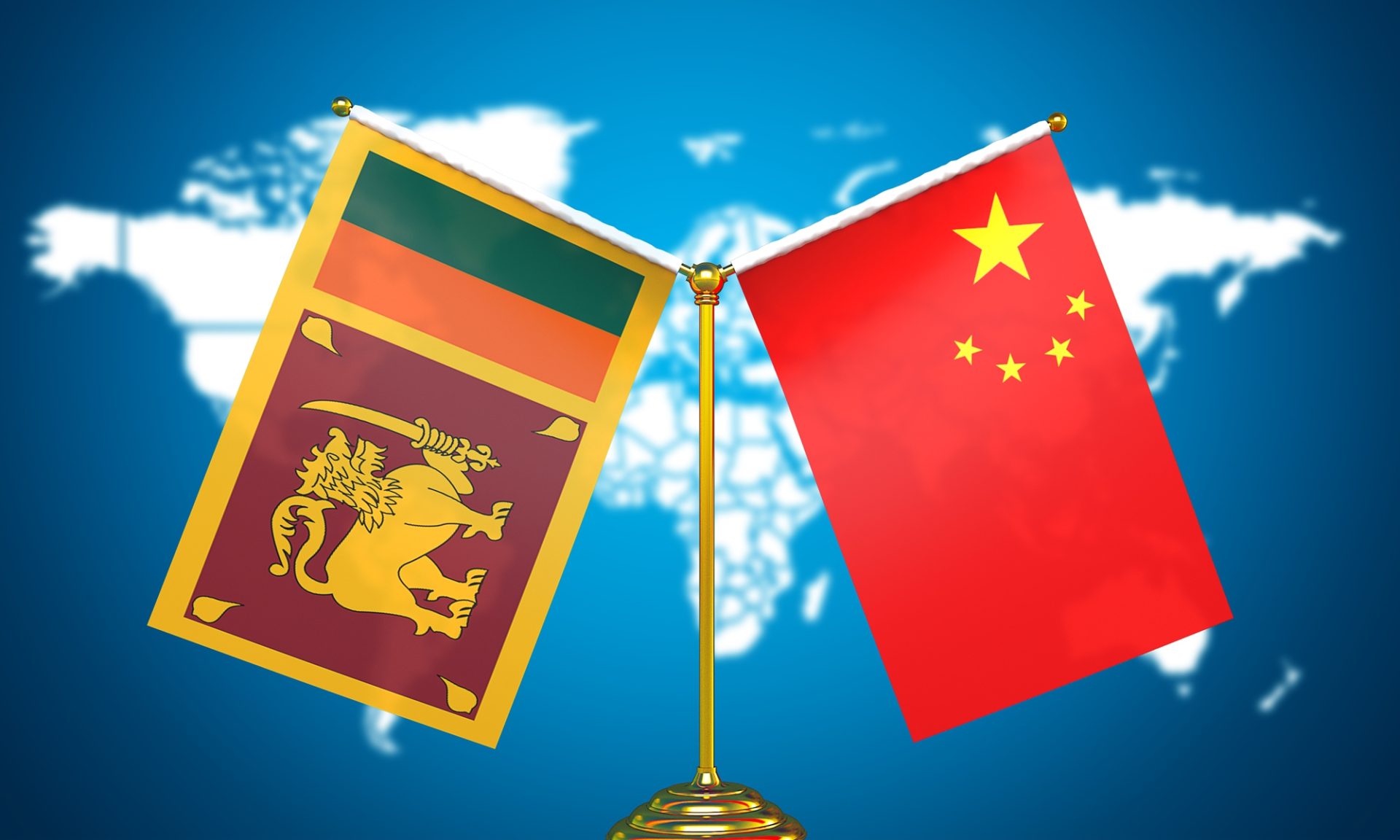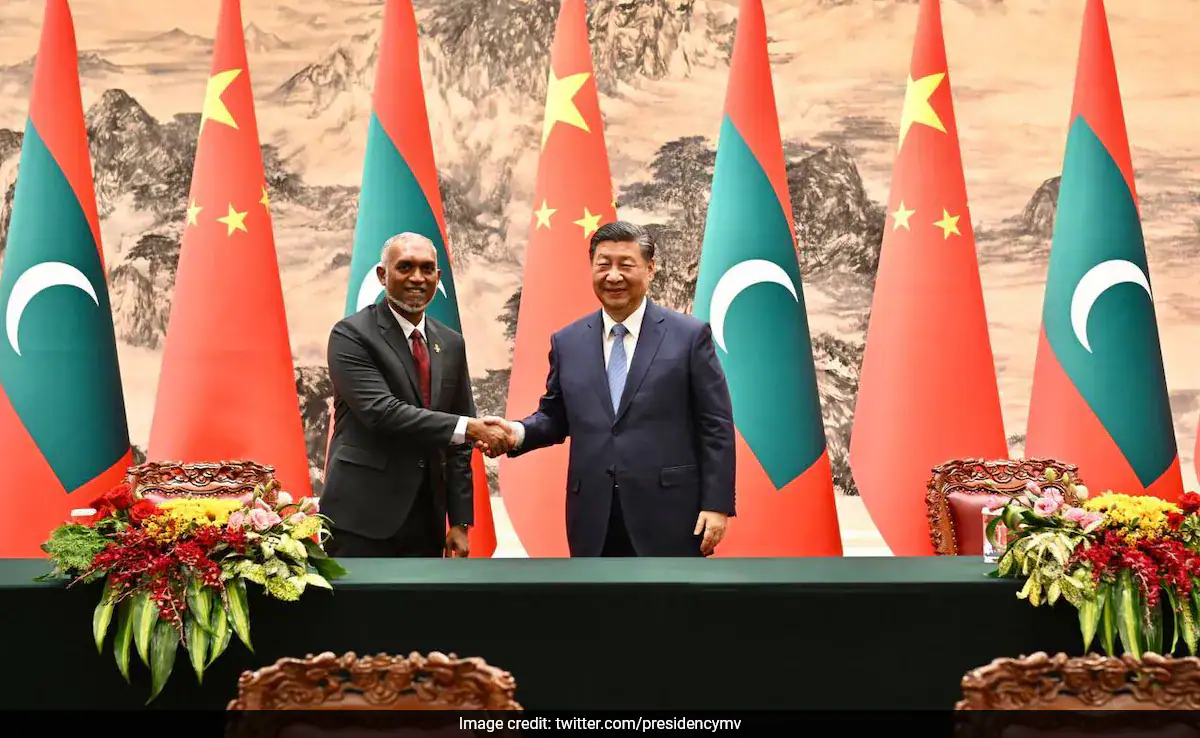Are democracies in the Western world facing unprecedented challenges—ironically, in the name of democracy itself? The UK government’s recent ban on the pro-Palestine group “Palestine Action,” labelling it a terrorist organisation alongside ISIS and Al Qaeda, suggests that the answer is yes. This move demonstrates that pro-Palestine or pro-Hamas factions can evolve into global terrorist networks. The killing of two Israeli embassy staffers in the United States further proves that the pro-Palestine movement can no longer be considered purely democratic.
It’s not just the UK— the United States has also faced challenges from certain pro-Palestine activism that has gone beyond peaceful protest, with some demonstrations raising serious concerns. For example, at a rally outside the White House in June 2024, some participants openly expressed support for groups like Hamas and Hezbollah, as well as made ‘calls to murder Zionists.’ What does this signify? The UK’s decision to ban the group Palestine Action could serve as a precedent for other countries facing similar issues. What lessons might Sri Lanka learn from the UK’s approach?
The pro-Palestine lobby in Sri Lanka has undermined Israel-Sri Lanka relations for decades. This dates back to 1971, when the Sri Lanka Freedom Party, led by Srimavo Bandaranaike, promised to close down the Israeli embassy in Colombo. After its closure, the Palestine Liberation Organisation (PLO) established a Palestinian embassy in 1975. This history shows how Sri Lanka-Palestine relations have been built on anti-Israel propaganda.
Sri Lankan politics have consistently supported the Palestinian cause, regardless of party differences. The exception was under J.R. Jayewardene, who sought ties with Israel and supported opening an Israeli interest section in Colombo. During President Mahmoud Abbas’s visit in 2008, Mahinda Rajapaksa noted, “Sri Lanka has chaired the U.N. Committee on Human Rights of Palestinians for 38 years continuously.” Yet, there’s no clear answer why a non-Muslim country like Sri Lanka has played such a major role in supporting Palestine, or what benefit this has brought. Sri Lanka is also one of the three Member States of the Special Committee to Investigate Israeli Practices Affecting the Human Rights of the Palestinian People and Other Arabs of the Occupied Territories. The current NPP government has reaffirmed its “unwavering support for the Palestinian cause.” Recently, the NPP joined a group of cross-regional countries to oppose U.S. sanctions imposed on Francesca Albanese, the UN Special Rapporteur on Human Rights in the Palestinian Territories. The sanctions claim that she “spewed unabashed antisemitism, expressed support for terrorism, and showed open contempt for the United States, Israel, and the West.” This stance by the government directly contradicts its stated commitment to a neutral and balanced foreign policy.
While Arafat was establishing diplomatic ties with Bandaranaike, the PLO was also pursuing a different agenda. In addition to building relationships in Colombo, they provided support to Tamil militant groups fighting against the Sri Lankan military. Several Tamil groups reportedly received military training from Palestinian militants. Sources indicate that in 1976, members of the London-based Tamil group EROS travelled to Beirut for training with the PLO, even though Arafat had already established the embassy in Colombo.
According to M.R. Narayan Swamy’s Tigers of Lanka: From Boys to Guerrillas, Abu Jihad (Arafat’s military right-hand man) told Sri Lankan trainees that the PLO believed “creating bubbles of anti-imperialism everywhere” would indirectly help the Palestinian struggle. When Prime Minister Bandaranaike realised this, she wrote to Arafat urging him to stop supporting Tamil militants, but the PLO ignored her. One of the earliest trainees, Shankar, said Abu Jihad showed him the prime minister’s letter, as Swamy also documented.
Why is this story important now? Because the idea of “creating bubbles of anti-imperialism everywhere” still resonates. Hamas and its allies continue this strategy globally. Some in Sri Lanka believe that supporting the pro-Palestine movement is not the same as supporting terrorism. However, the reality is that anti-Semitic and anti-Western sentiments are often at the core of the movement. The plot to attack Israeli tourists in Arugam Bay demonstrates that, without proper restrictions, pro-Palestinian (Pro-Hamas) actions can pose a security challenge to Sri Lanka.
In October, the US embassy in Colombo warned its citizens about a possible attack in Arugam Bay. Israel’s National Security Council raised the travel alert for Sri Lanka due to credible terror threats. The police spokesperson noted that “Chabad House,” run by Israelis, could be a target, prompting increased security. Later, the US Department of Justice revealed details of a plot allegedly involving Farhad Shakeri, an “Iranian asset,” who was instructed by the Islamic Revolutionary Guard Corps (IRGC) to target Israeli tourists and orchestrate a mass shooting.
Muslim Congress members of parliament M.S. Uthumalebba called for the removal of Chabad House, while party leader Rauff Hakeem condemned Israel’s “Operation Rising Lion” against Iran, labelling it a “burial action” against Iran and accusing Prime Minister Netanyahu of being “head of a genocidal team” trying to destabilise the Middle East. Why would a Sri Lankan politician defend Iran over Israel? This shows how pro-Palestine activism and anti-Jewish propaganda are creating “bubbles” in Sri Lanka against Israel and the West.
Jewish people have a historic connection to Sri Lanka. Records date back to the 9th century with merchants from Persia and Yemen. In the 12th century, David Maimonides established a spice route to Ceylon. Rabbi Benjamin of Tudela documented 3,000 Jews living in Sri Lanka. Jews fleeing persecution in the Middle Ages found refuge here, settling in Colombo, Galle, and Trincomalee. Galle may even be the biblical city of Tarshish, supplying King Solomon. Sri Lankan writer Cecil V. Wikramanayake recalled in his essay “Jews of Old Ceylon,” “I remember, as a child, seeing many Jews in this country, always dressed in the customary white robe, head covered and kept in place with a phylactery tied around the head.”
Given this history, Jewish people have the right to visit and settle in Sri Lanka for business, spiritual, or political reasons. In those days, Jews were also active in local politics—Rhoda Miller de Silva, Heidi Simon Keuneman, Dr. Edith Gyomroi Ludowyk, and Claudine Leibovitz are notable examples.
If Sri Lanka fails to recognise the potential long-term risks linked to certain pro-Palestine activities—particularly those with anti-Israel or anti-Jewish sentiments—it could face significant future challenges. The Easter Sunday attack exposed the country’s susceptibility to transnational terrorist networks. In this context, it is essential for the current government to thoughtfully address these risks while revising the Prevention of Terrorism Act, especially as global perspectives on pro-Palestine movements continue to shift. The UK’s decision to ban the group ‘Palestine Action’ could provide a model for Sri Lanka and other countries to consider.




